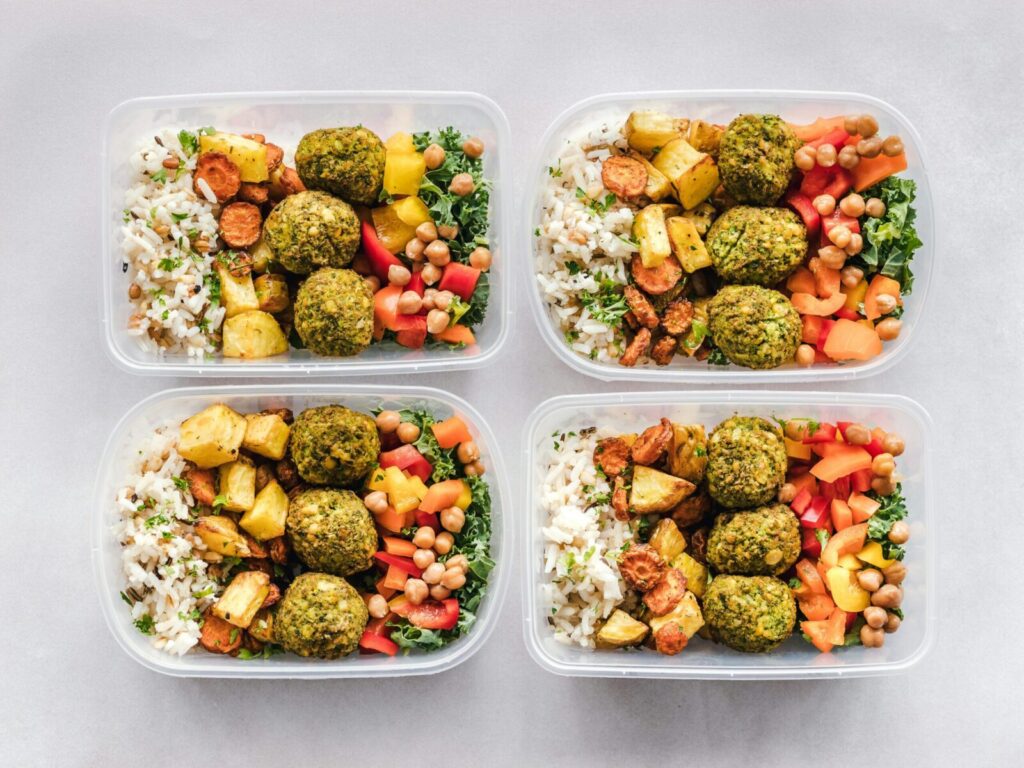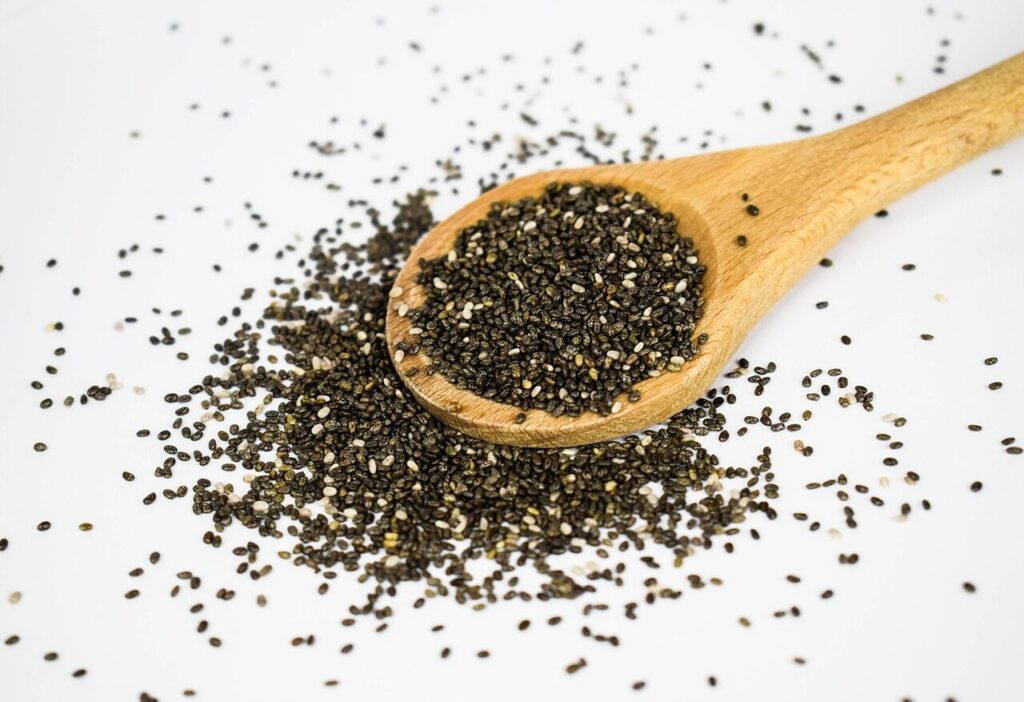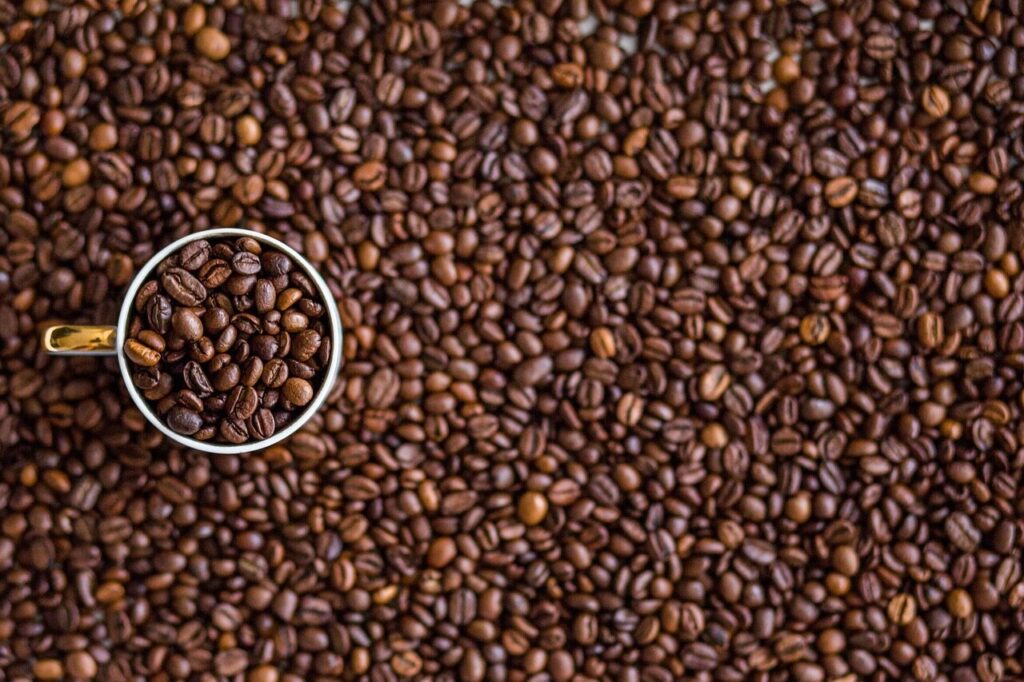Turning 50 marks a meaningful stage in life, a time to embrace health, balance, and nourishment with greater intention. As metabolism slows, muscle mass decreases, and nutrient needs shift, your body starts to require more mindful choices. Eating well after 50 isn’t about restriction or chasing diets; it’s about supporting your body with what it truly needs. The right foods can enhance energy, strengthen immunity, and protect against chronic diseases, helping you feel your best inside and out. With a few thoughtful adjustments backed by science, you can enjoy your favorite meals while promoting long-term vitality and well-being.
1. Prioritize Protein at Every Meal

Protein becomes even more essential as we age because it helps maintain lean muscle mass, supports tissue repair, and keeps metabolism active. After 50, the body’s ability to process protein declines, making it important to include it in every meal. Try adding eggs or Greek yogurt for breakfast, grilled chicken or tofu for lunch, and fish or beans for dinner. Spreading protein intake evenly throughout the day helps your body use it more effectively. It’s not about eating more meat; it’s about balance and choosing high-quality, nutrient-dense sources that fuel your strength and energy.
2. Choose More Fiber-Rich Foods

As digestion naturally slows with age, fiber plays a vital role in keeping things moving smoothly. It also supports heart health, lowers cholesterol, and balances blood sugar levels. Whole grains, fresh fruits, vegetables, and legumes are your best allies in this stage of life. For example, oatmeal with berries, lentil soup, or brown rice with leafy greens are all excellent choices. Getting about 25 to 30 grams of fiber each day can help you feel full longer and maintain a healthy weight. Fiber also nourishes your gut bacteria, which has a major impact on your overall well-being.
3. Stay Hydrated, Even When You Don’t Feel Thirsty

As you grow older, your body’s sense of thirst becomes less sharp, which means dehydration can happen more easily. Water is essential for nearly every body function, from regulating temperature to maintaining joint flexibility and skin health. Don’t wait until you’re thirsty; make hydration a daily habit. Keep a water bottle nearby and sip throughout the day. Herbal teas, fruits like watermelon, and soups can also help meet your fluid needs. Remember, even mild dehydration can cause fatigue and confusion, so staying hydrated supports both body and mind, helping you feel more alert and energized.
4. Include More Omega-3 Fatty Acids

Omega-3 fatty acids are crucial for brain, heart, and joint health, and their benefits become especially important after 50. They help reduce inflammation, lower triglycerides, and may even support memory function. Fatty fish like salmon, sardines, or mackerel are rich sources of these healthy fats, but plant-based eaters can get them from chia seeds, walnuts, or flaxseeds. Try adding ground flax to your smoothie or topping your salad with salmon. Including omega-3s regularly in your diet can make a significant difference in long-term health, promoting sharper thinking and a stronger cardiovascular system.
5. Watch Your Sodium Intake

Blood pressure tends to rise naturally with age, which is why managing sodium is essential for protecting your heart. High sodium intake can lead to fluid retention and strain your cardiovascular system. Rather than cutting out flavor, focus on enhancing taste with fresh herbs, garlic, pepper, or lemon juice. It’s also wise to limit processed and packaged foods, which are often loaded with hidden salt. Reading food labels helps you make better choices. By staying mindful of your sodium intake, you can support healthy blood pressure and reduce your risk of heart-related problems while still enjoying delicious meals.
6. Focus on Calcium and Vitamin D

Bone health becomes a top priority after 50, particularly for women who experience hormonal changes that can lead to bone loss. Calcium and vitamin D work together to keep bones strong and prevent fractures. Dairy products, leafy greens, and fortified plant-based milks are great sources of calcium, while vitamin D comes from sunlight exposure and certain foods like salmon or fortified cereals. If you spend little time outdoors, a supplement may help, but it’s best to check with your doctor. Prioritizing these nutrients now can ensure better mobility, posture, and independence in the years ahead.
7. Reduce Added Sugars

Too much sugar can sneak into your diet through sweetened drinks, desserts, or sauces, leading to inflammation, weight gain, and increased risk of diabetes. After 50, keeping your blood sugar stable is vital for sustained energy and heart health. Instead of cutting out sweetness entirely, focus on moderation. Choose fruits for natural sweetness and opt for unsweetened beverages. When you do indulge, savor it slowly rather than eating mindlessly. Your taste buds will adapt over time, and you’ll start appreciating the subtle sweetness of whole foods that nourish rather than drain your energy.
8. Eat More Colorful Produce

Vibrant fruits and vegetables provide antioxidants that fight cell damage and support healthy aging. Each color group offers unique benefits: red foods like tomatoes protect heart health, orange ones like carrots boost vision, and greens strengthen immunity. Aim to fill half your plate with produce at every meal, mixing raw and cooked varieties for balance. Try roasting vegetables for a deeper flavor or blending fruit into smoothies. The more colors on your plate, the more variety of nutrients you’ll consume. Beyond nutrition, a colorful diet also makes meals visually appealing and encourages mindful, satisfying eating.
9. Practice Mindful Eating

With busy lives, it’s easy to rush through meals without really tasting food. Mindful eating encourages you to slow down, savor each bite, and recognize hunger or fullness cues. This habit can prevent overeating, improve digestion, and increase the enjoyment of food. Turn off distractions like TV or phones during meals and focus on texture, aroma, and flavor. Eating mindfully helps you connect with your body and build a healthier relationship with food. Over time, it can lead to better choices and a deeper sense of gratitude for what’s on your plate every day.
10. Limit Alcohol and Caffeine

As metabolism slows, the body becomes more sensitive to alcohol and caffeine. Both can disrupt sleep, affect hydration, and strain the liver or heart if consumed in excess. That doesn’t mean you must give them up completely; moderation is the key. Stick to one drink per day for women and two for men, and try not to rely on coffee to stay energized. Herbal teas or sparkling water can serve as refreshing alternatives. By setting gentle boundaries, you protect your health while still enjoying your favorite beverages responsibly.
Comments